For many years, the idea of cultural evolution was very important to me. As a teenager, I watched on TV while civil rights workers were beaten beause they demanded equal rights for blacks in the American south and elsewhere. My understanding was that those stirring and dangerous efforts represented a change in how people thought about relations between the races in America. This was a change for the better, this was progress.
As years went by, I saw more progress at work in other emancipatory movements, including women’s rights, gay and lesbian rights, Native American rights, differently abled peoples’ rights, animal rights, and even rights–or at least moral standing–for natural phenomena like trees, wildlife, and even ecosystems. These were heady times in the 1970s and 1980s. Progressive movements were making significant headway against traditional ways thinking and the institutions associated with them. In my philosophical research I was attracted to Hegel’s view that the development of human consciousness is helping to make possible the development of divine consciousness.
A backlash arose against the idea that consciousness, culture, and society could develop. Multiculturalists depicted that idea as an ideology aimed at imposing white, male, Eurocentric views in ways that ignored difference. Like many environmentalists, I was also suspicious of progressive ideals that justified the exploitation of nature. Continued reflection, however, ultimately reinforced my conviction that things are in fact getting better. Despite its dark side, modernity does open up possibilities closed off to people in traditional cultures. Likewise, Green/postmodern consciousness takes a step beyond modernity, by including nature as a domain worthy of respect, rather than merely as raw material for modern industry.
I am very pleased to be associated with ICE, which proposes to use the idea of cultural evolution to identify and to help resolve current socio-political sticking points, as in the climate change debate and in the current political stalemate in Washington. Crucial to this educational process is to encourage and to enable people, for instance, modernists and postmodern/Greens to appreciate the importance of understanding and appreciating the value that each side promotes. We will also remind people that those evolving from one cultural mode to another tend to dissociate themselves from the previous mode, as when moderns exhibit such scorn for traditional belief systems. We offer to moderns the possibility of acknowledging and integrating what remains valuable about traditional culture and consciousness, just as we offer Greens/postmoderns the same possibility with regard to modern consciousness and culture.
Like my colleagues, I look forward to meeting and learning from the many people whom we hope will share our vision that cultural evolution takes place, and that understanding this fact can make a world of difference when addressing complex cultural and social problems.

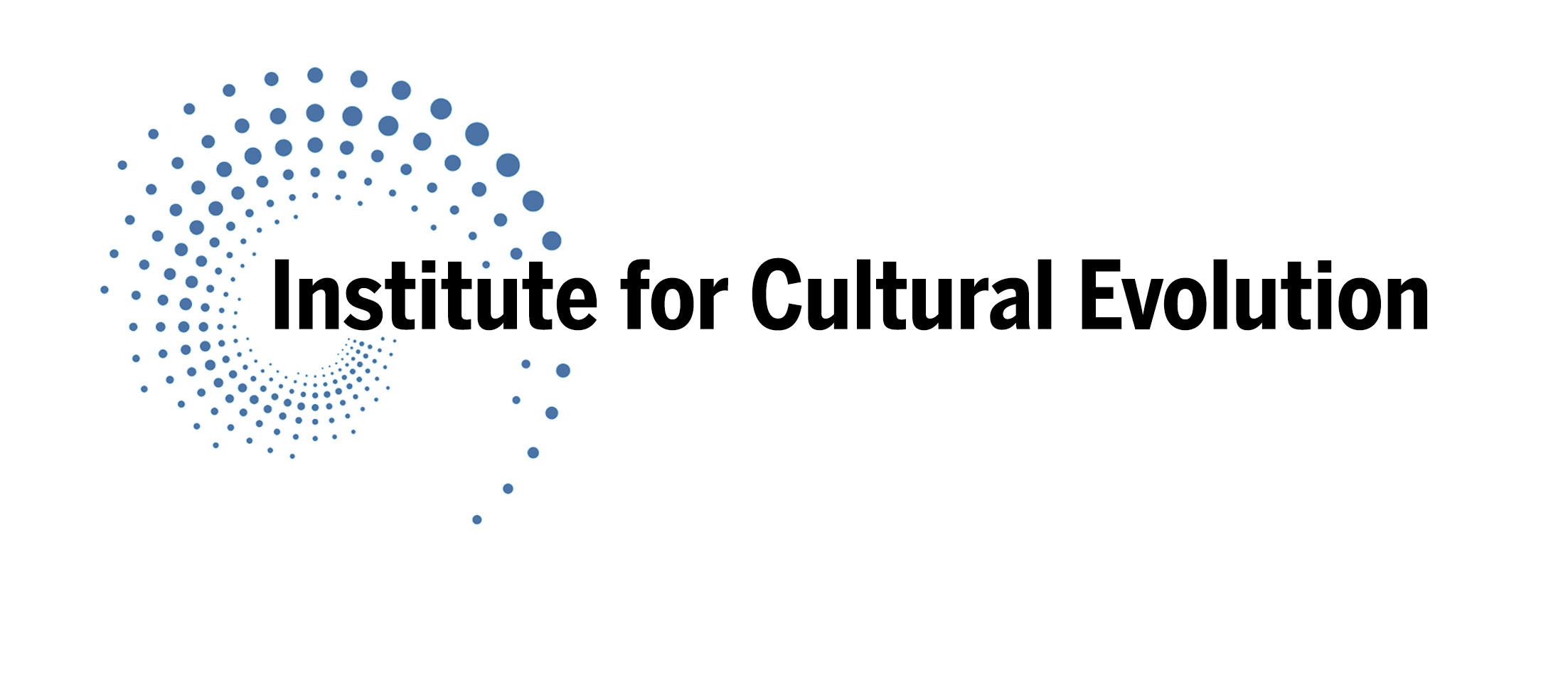
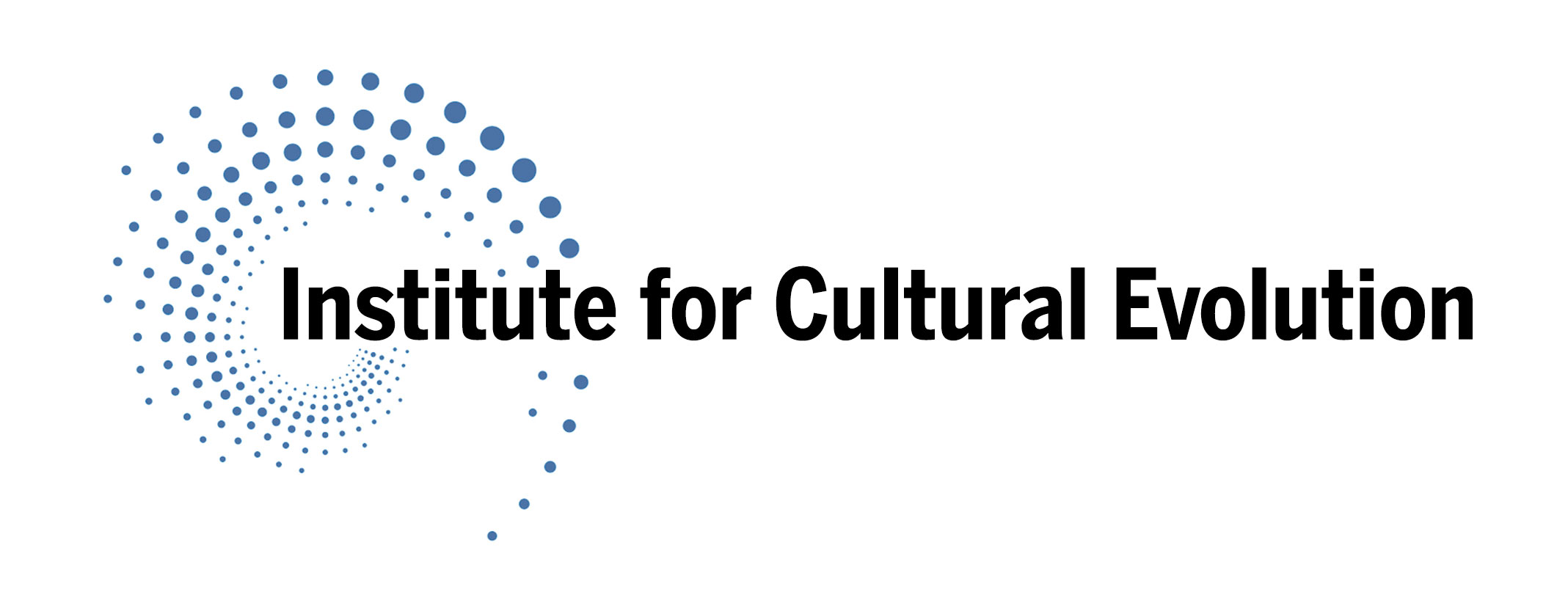
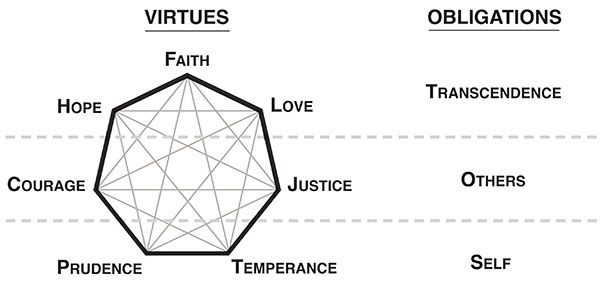
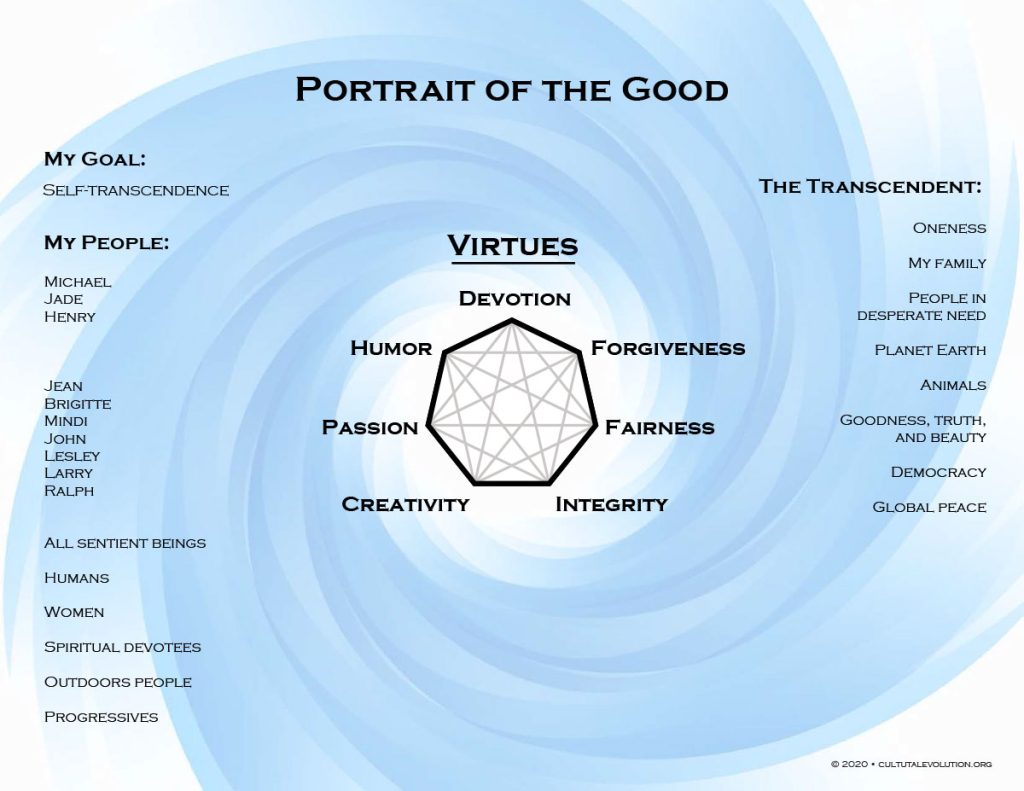
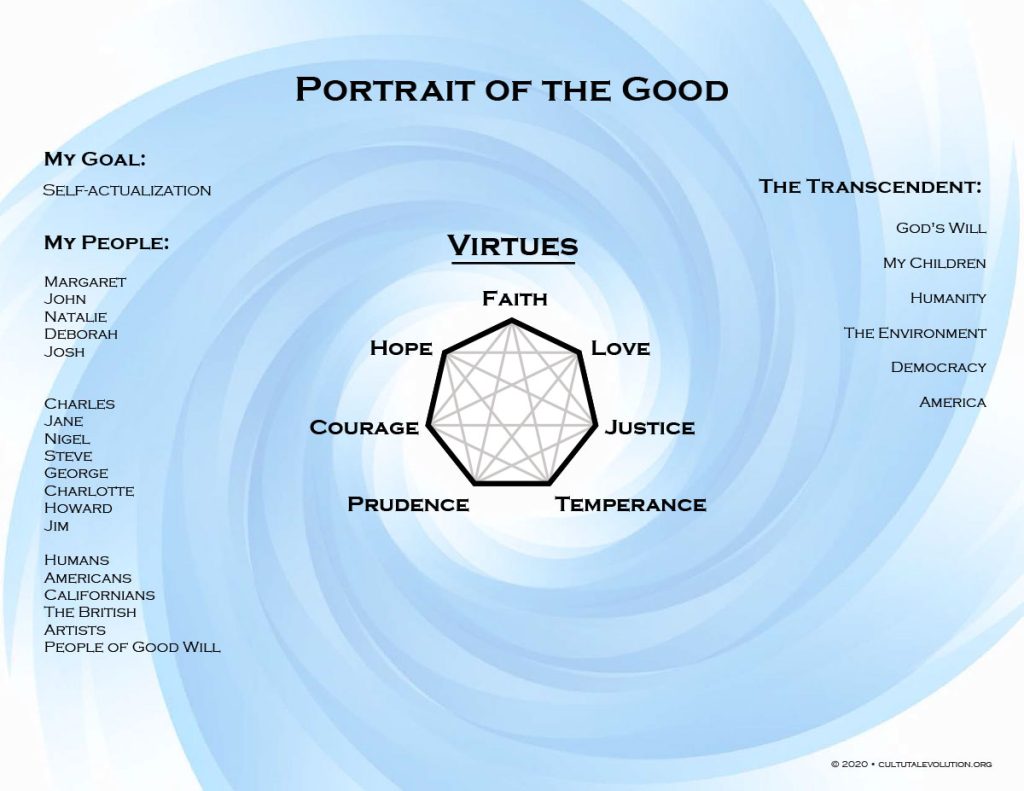
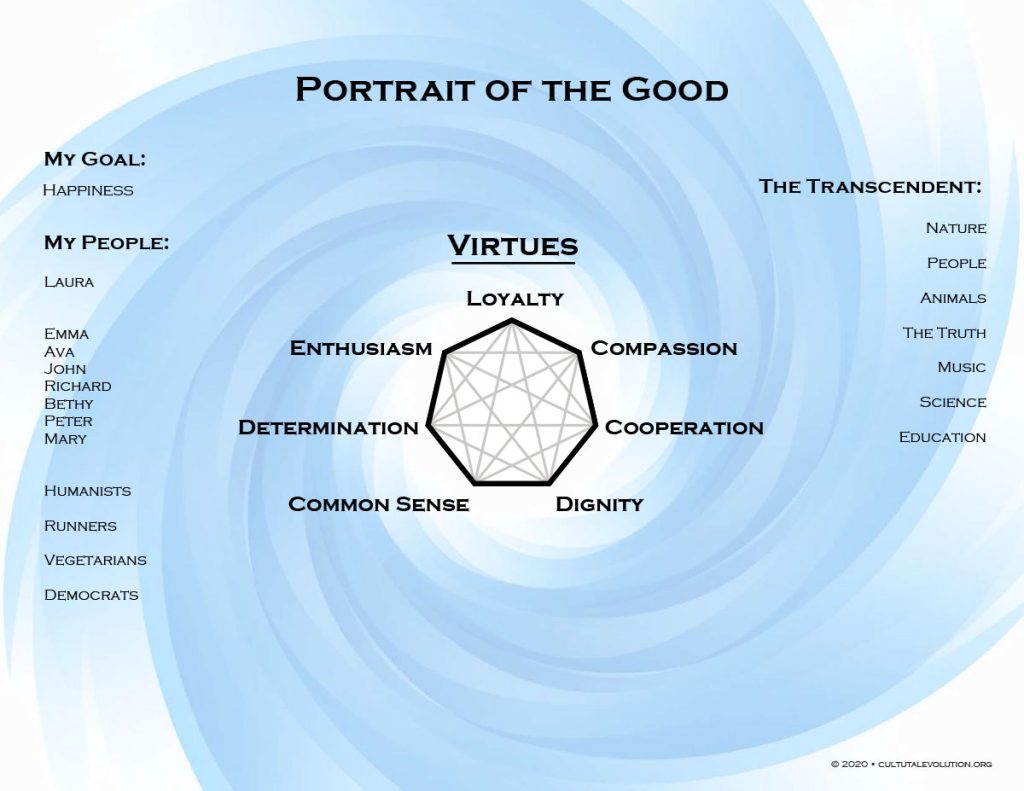
You seem to recognize the spiritual potential inherent in cultural evolution and the challenge to help all cultural groups both “transcend and include” the cultural level that preceded their current mode. As we are all ultimately One, that recognition can be encouraged on a grounded, relative level by helping people see themselves and everyone else in the context of an ongoing process of cultural evolution, leading to greater and greater inclusion.